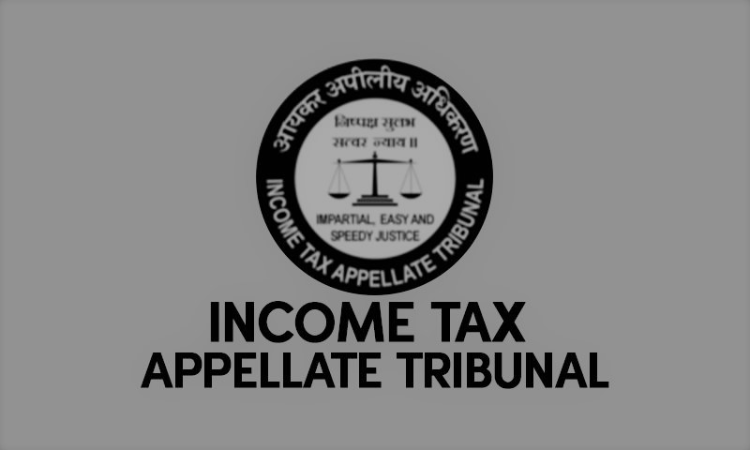Bogus Share Transaction: ITAT Denies Exemption Under Section 10(38) Of Income Tax Act
Parina Katyal
1 Dec 2022 7:30 PM IST

Next Story
1 Dec 2022 7:30 PM IST
The Pune Bench of the Income Tax Appellate Tribunal has ruled that where the assessee fails to establish the genuineness of the transaction of sale and purchase of shares, and fails to rebut the findings of quasi-judicial bodies regarding the bogus transaction in shares, the said transaction is void ab initio. Thus, applying the principle of fraud, the ITAT held that the assessee was...
